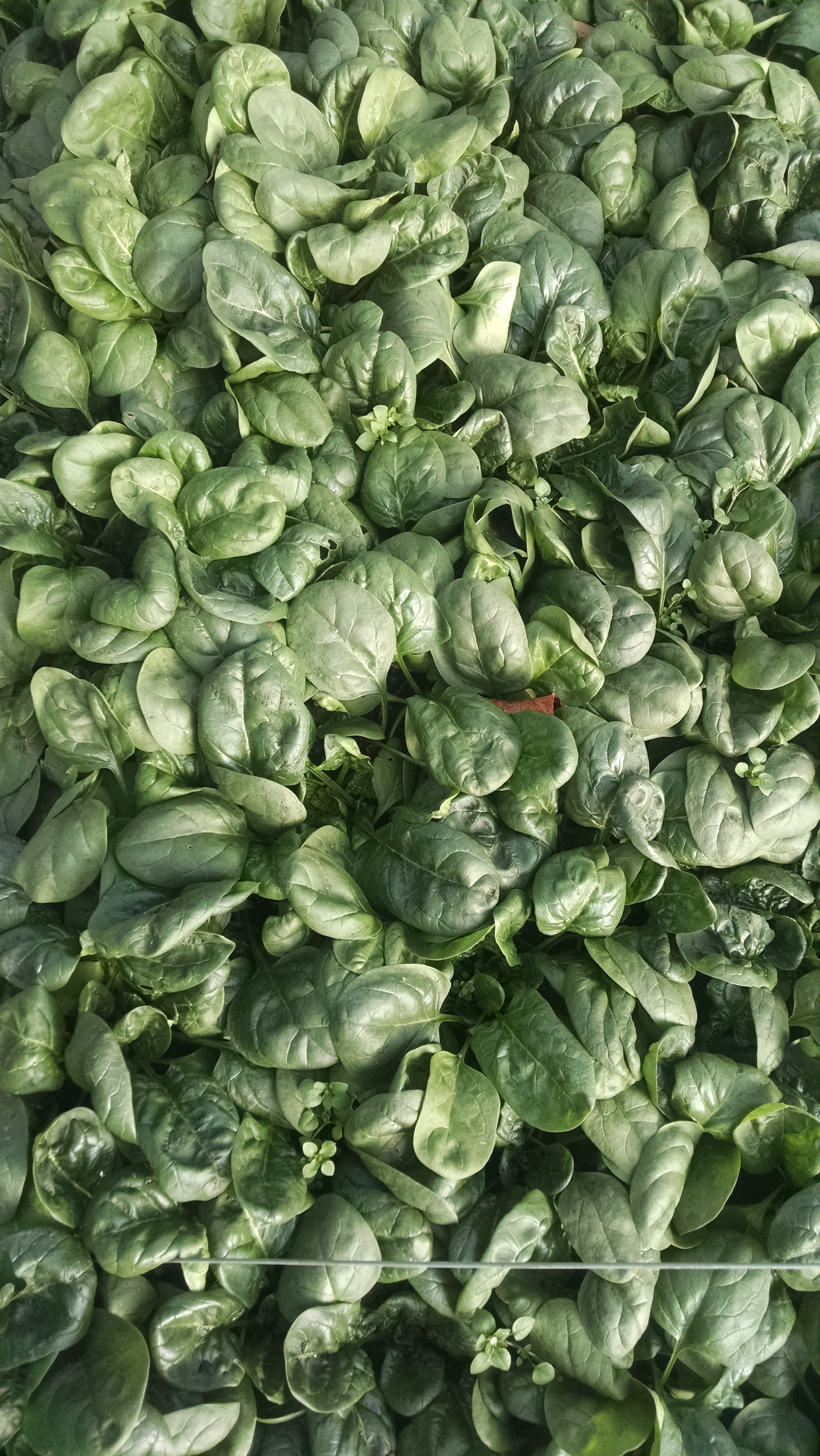My initial main marketing outlet was farmer's markets, so I have always been motivated to produce beautiful and flavorful vegetables that stand out amongst the other vendors. Salad greens and heirloom tomatoes are particular specialties of ours and really represent both a visual and culinary feast.
Can you tell us more about your approach to farming?
Our partnership was founded on the idea of rotating our land into pasture and using livestock to dramatically improve our soil health. Since 2019, we have taken our soil health program to another level as we are transitioning into organic no-till production. We are now at about 70% of our cropland in no-till production and are seeing definite improvements in the tilth of the soil. We are hopeful that this change will help us to adapt to increasing climate disruption by making our soils more resilient to extreme weather.
What is your favorite part of farming?
I love harvesting the produce; it is the moment that all of our hard work leads up to.
What is one of your favorite recipes you make with your produce?
During tomato season, I make a tomato-bread salad whenever I'm invited to a potluck or party. I typically use somewhat stale bread, broken up into pieces and then mixed with chopped heirloom tomatoes, balsamic vinegar, olive oil, olives, garlic, and basil. The bread soaks up all the juice, and it is delicious.



















